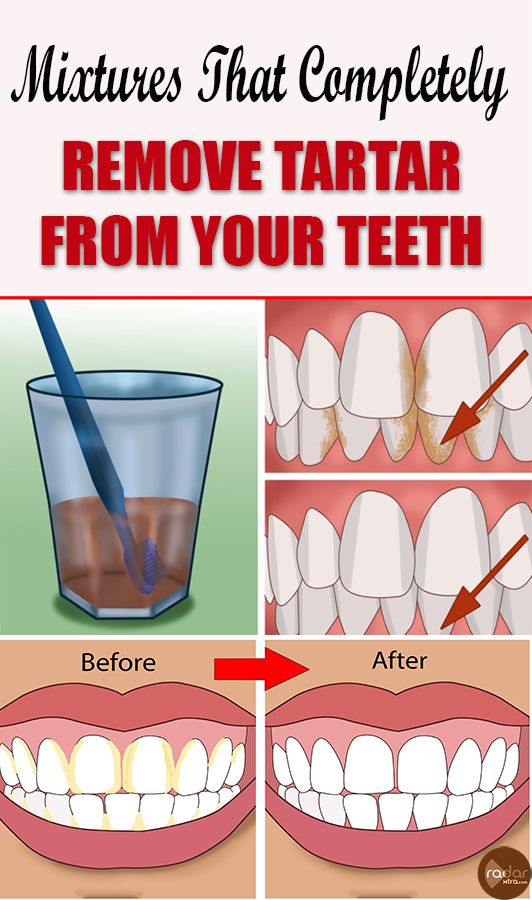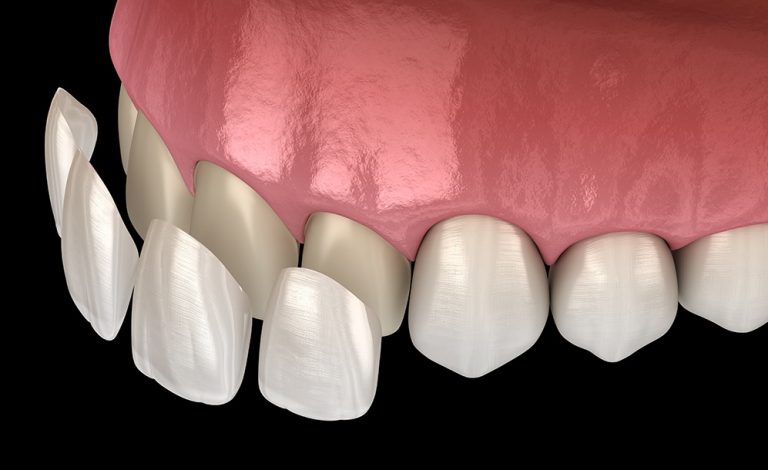10 Teeth Feel Rough Fixes For Smoother Smile

The sensation of rough teeth can be quite unsettling, affecting not only the aesthetic appeal of your smile but also your overall confidence. It’s a common issue that can arise from various factors, including poor oral hygiene, grinding or clenching of teeth, and consumption of acidic foods and beverages. Fortunately, there are several fixes you can consider to achieve a smoother smile. Here’s a comprehensive guide to help you address the issue of rough teeth and regain your dental comfort and confidence.
Understanding Rough Teeth
Before diving into the solutions, it’s essential to understand why teeth might feel rough. The primary causes include:
- Tooth Decay or Cavities: Bacterial plaque buildup can lead to cavities, which might make your teeth feel rough.
- Gingivitis or Gum Disease: Inflammation of the gums can cause them to pull away from the teeth, exposing the roots and making the teeth feel rough.
- Tooth Erosion: Acidic foods and drinks can wear away the enamel, making the teeth feel rough or sensitive.
- Grinding or Clenching: Habitual grinding or clenching of the teeth can wear down the enamel, making the teeth feel rough.
10 Fixes for Rough Teeth
1. Improve Oral Hygiene
Maintaining good oral hygiene is the first step towards addressing rough teeth. Ensure you brush your teeth at least twice a day with a fluoride toothpaste and a soft-bristled toothbrush. Also, don’t forget to floss once a day to remove food particles stuck between your teeth.
2. Desensitizing Toothpaste
Using a desensitizing toothpaste can help if your rough teeth are causing sensitivity. These toothpastes contain ingredients like potassium nitrate that help block the dentinal tubules in the teeth, reducing sensitivity.
3. Professional Cleaning
Regular dental cleanings can help remove plaque and tartar that might be making your teeth feel rough. A professional cleaning can also help in early detection of gum disease or tooth decay.
4. Fluoride Varnish
Applying a fluoride varnish can help strengthen tooth enamel, reducing roughness and sensitivity. This is a procedure usually performed at a dental clinic.
5. Dental Bonding
For more severe cases where the roughness is due to chipped or worn-out teeth, dental bonding can be a solution. A resin material is applied to the tooth and then hardened with a special light, bonding the material to the tooth to improve its appearance.
6. Enamel Reinforcement
Certain treatments and products are designed to reinforce and remineralize tooth enamel, making it stronger and smoother. These can include mouthwashes or specific toothpastes designed for enamel repair.
7. Avoid Acidic Foods and Drinks
Reducing or avoiding consumption of acidic foods and beverages can prevent further erosion of the enamel. If you do consume such items, rinsing your mouth with water afterwards can help neutralize the acid.
8. Use a Straw
When drinking acidic beverages, using a straw can help the liquid bypass your teeth, reducing direct contact with the acids.
9. Night Guard
If grinding or clenching your teeth is the cause of your rough teeth, wearing a night guard while you sleep can protect your teeth from further damage.
10. Dental Crowns
In severe cases where the roughness and damage are extensive, dental crowns might be necessary. A crown covers the entire tooth surface, restoring its shape, size, and function.
Conclusion
Achieving a smoother smile involves understanding the cause of rough teeth and implementing the appropriate fixes. Whether through improved oral hygiene, professional dental treatments, or lifestyle changes, there are numerous ways to address the issue. Remember, prevention is key, and maintaining good oral health can prevent many of the causes of rough teeth. If you’re concerned about the feel or appearance of your teeth, consulting a dental professional is the best first step towards a healthier, smoother smile.
What are the primary causes of rough teeth?
+The primary causes of rough teeth include tooth decay or cavities, gingivitis or gum disease, tooth erosion due to acidic foods and drinks, and grinding or clenching of the teeth.
How can I prevent my teeth from feeling rough?
+Preventing rough teeth involves maintaining good oral hygiene, avoiding acidic foods and drinks, using a desensitizing toothpaste if you have sensitive teeth, and visiting your dentist regularly for check-ups and cleanings.
What are the available treatments for rough teeth?
+Treatments for rough teeth can range from simple remedies like desensitizing toothpaste and fluoride varnish to more complex procedures such as dental bonding, enamel reinforcement, and in severe cases, dental crowns. The appropriate treatment depends on the underlying cause and extent of the issue.
